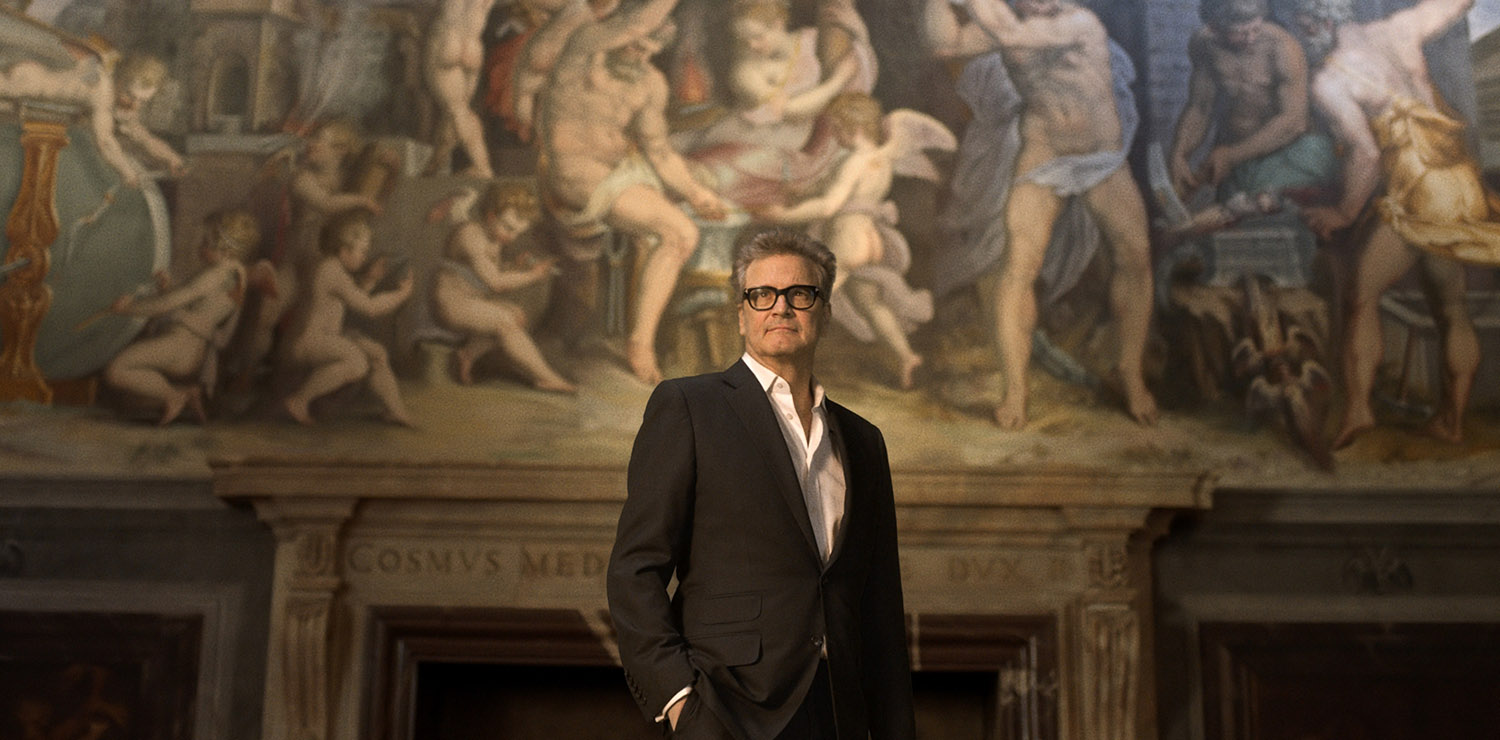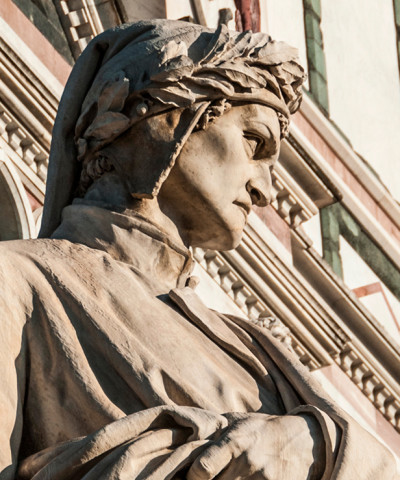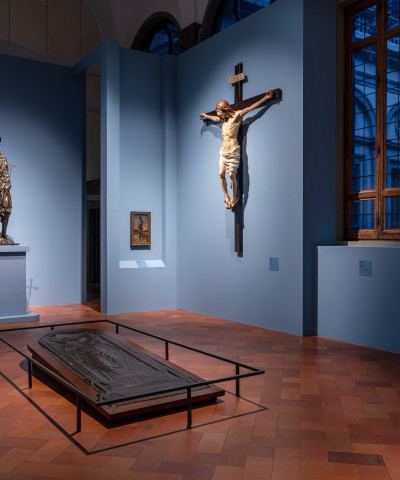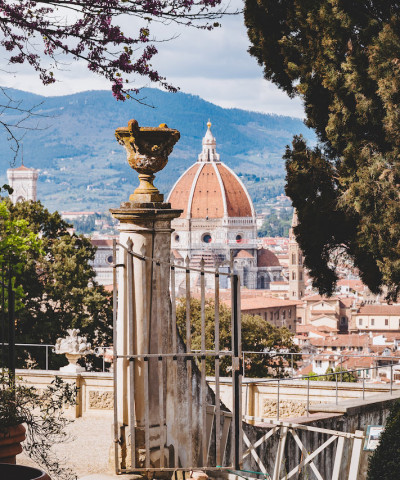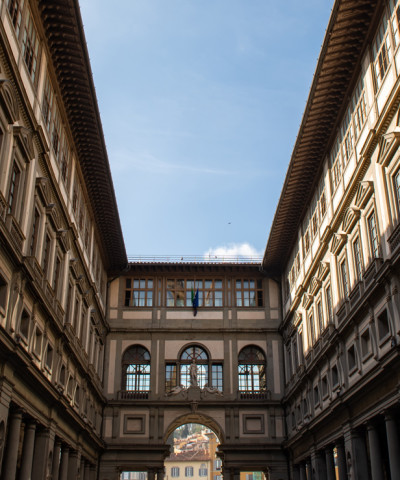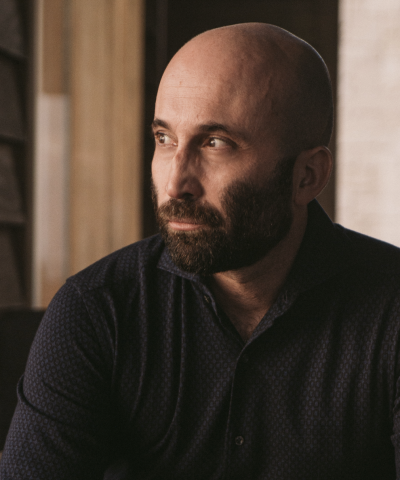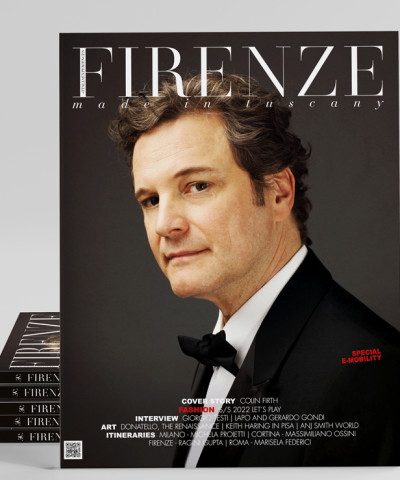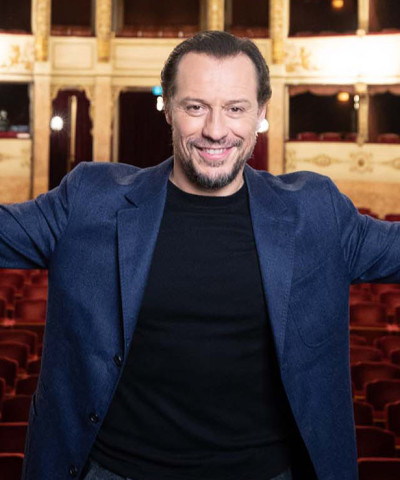Colin Firth and his bond with Florence
The beloved actor describes his experience of two films “virtually” shot in Florence, talking about filmmaking and the future
He is one of today’s most popular and esteemed actors, because Colin Firth embodies the type of the artist at its purest, constantly pursuing the absolute, who moves with the charms of a flawless gentleman more interested in substance than appearance. His acting career and his civil commitment, plus his multiple interests ranging from anthropology to science, are tangible proof of it. Bridget Jones’s Diary (2001), A Single Man by Tom Ford (2009), The King’s Speech (2010), which won him the Academy Award for Best Actor, are movies that we all know by heart.
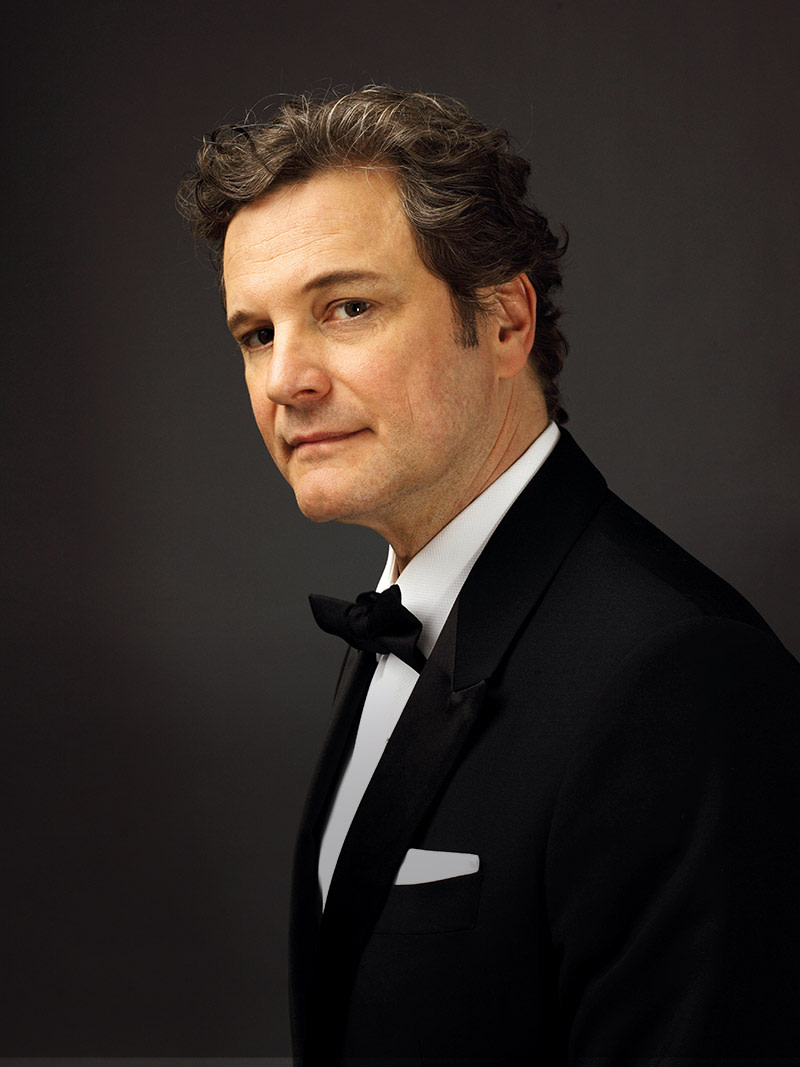 colin firth (ph. Patrick Fraser)
colin firth (ph. Patrick Fraser)In Italy, his popularity has further skyrocketed since he married Livia Giuggioli and moved to the Umbrian-Tuscan border, to Città della Pieve. The latest fruit of their exemplary relationship, indestructible even after the separation, are two films released in 2021, which were both shot in Florence by a brilliant Italian film director who lives in London, Giorgio Testi, a digital technology expert.
We are talking about the short Chiusi Fuori film, which describes the wounds inflicted to the artistic and cultural world by the lockdown and in which Firth performed alongside Stefano Accorsi at La Pergola Theater thanks to the augmented reality system. The second film is The Renaissance Awards shot by using a similar technique to the backdrop of the Uffizi Gallery and Palazzo Vecchio, where the Hampshire-born actor, along with Gisele Bundchen and Nile Rodgers, gave the first global awards promoted by Eco-Age, the sustainability consulting agency established and run by Livia, to international young leaders working for a more sustainable future. Both movies were produced by Pulse Films Italia.
Florence has been very present in your life this year. What impact does this city have on you every time you experience it in person?
I love Florence, my Italian side of the family is all from Tuscany and through the years I have visited it many times. I will always be grateful to Mayor Nardella for the beautiful experience he gave us when we had a private tour of Palazzo Vecchio and the Uffizi. It was unforgettable. The two projects you mention were shot virtually, as I was not actually at La Pergola or the Uffizi, but thanks to director Giorgio Testi, who catapulted me virtually there, the experience was magical nevertheless. And it helped that I knew both locations pretty well so I could channel the air, let’s say!
How do you see the future of filmmaking after the pandemic?
The pandemic has been detrimental to the artistic and cultural world. It forced thousands of people out of work, to obvious negative consequences on salaries and productions. But it has also opened creativity in a totally unexpected way, giving us the opportunity to think outside the box and use technology to serve storytelling. These two projects are the proof of what can be done and in the future we can work increasingly in ways that help also us actors, for instance, not to have to fly around constantly. We can attend events from wherever we are. I was able to be present in the Renaissance Awards movie regardless of the fact that I was on set in Atlanta. If it had happened pre pandemic, I would probably have had to say no.
Was it hard to deal with the new technologies used by Giorgio Testi?
I love working with Giorgio. He has a formidable way of using technology at the service of storytelling in a very natural way.
 Colin Firth and Stefano Accorsi
Colin Firth and Stefano Accorsi And what was it like working with Stefano Accorsi?
Stefano acted a bit like a bridge with Giorgio. We had been talking with Stefano about doing something for La Pergola Theater and everything came together incredibly easy. Stefano and I could speak for hours (never put two actors together!) and thank God we had Giorgio to keep us in check.
The Renaissance Awards brought together artists, digital technologies and young activists committed to sustainability sending a strong message from Florence into the world. How do you see this new Renaissance?
Passing the microphone to young activists is one of the most important things that we can do right now, and to do that from the cradle of the first Renaissance is particularly symbolic. This is not us giving our blessing, it is our recognition that young activists are the driving force of empowerment. We owe them a debt and heavy recognition.






